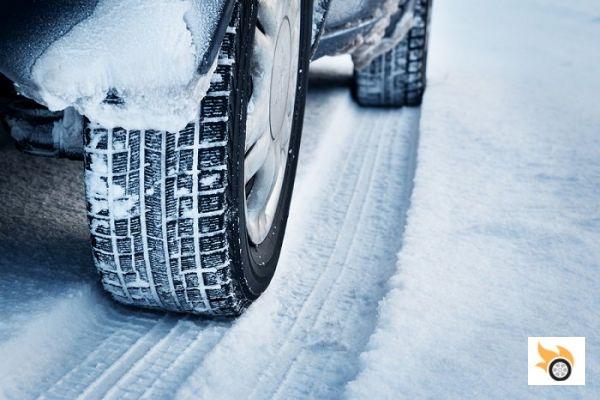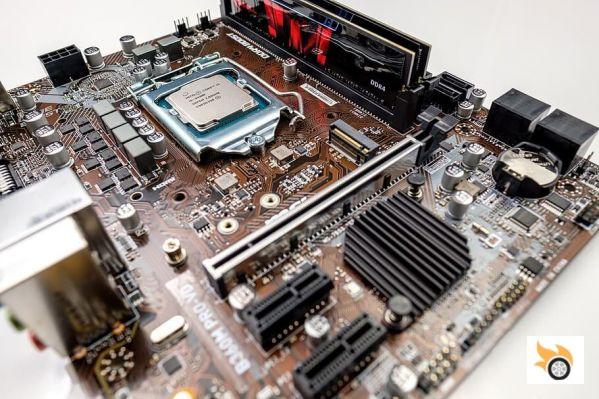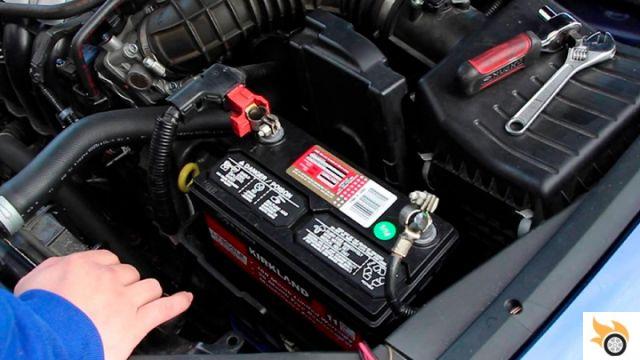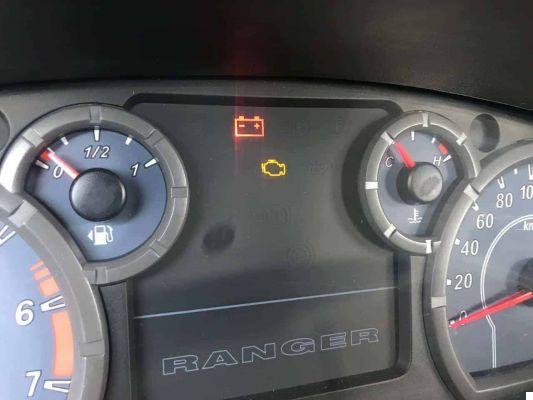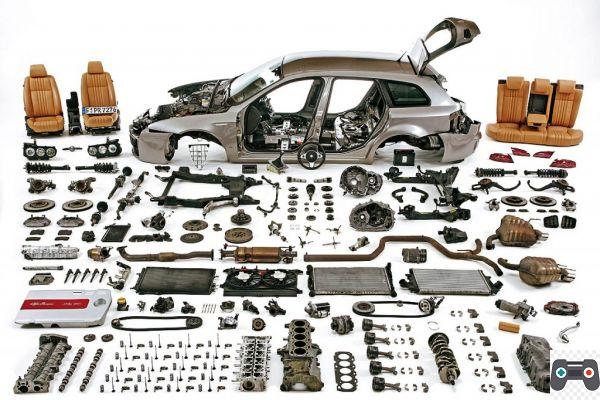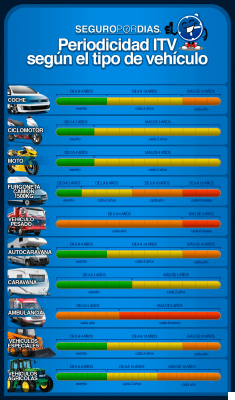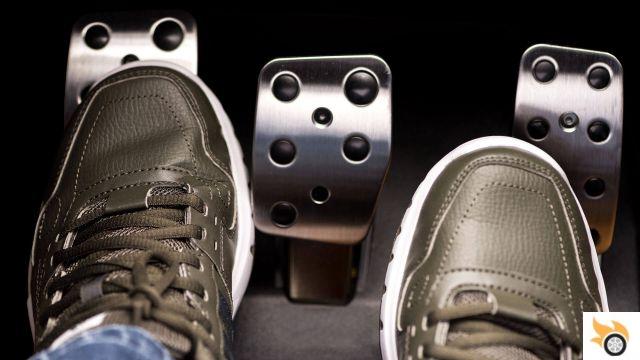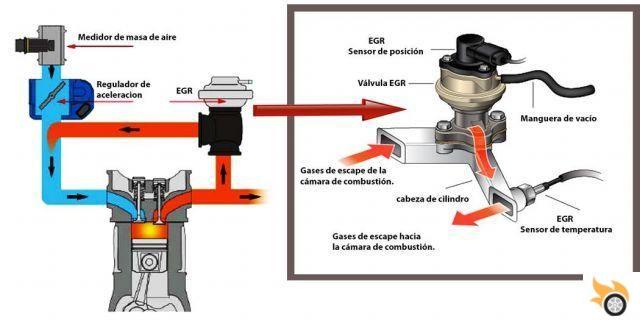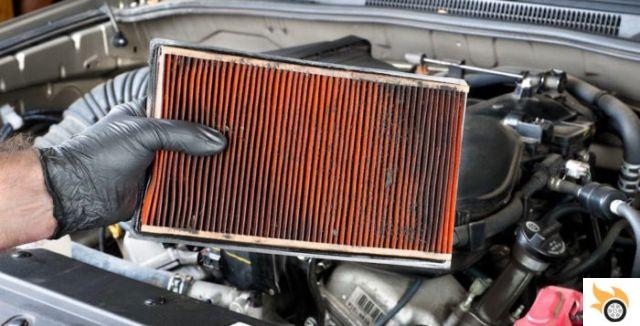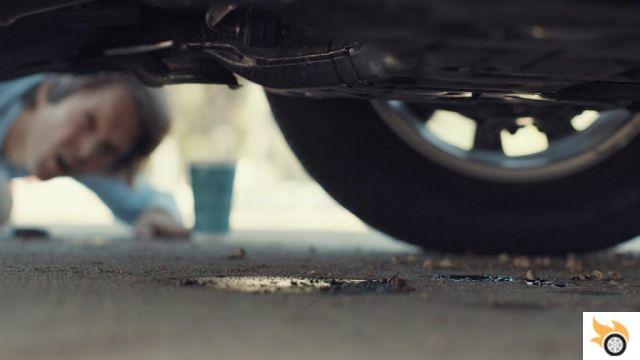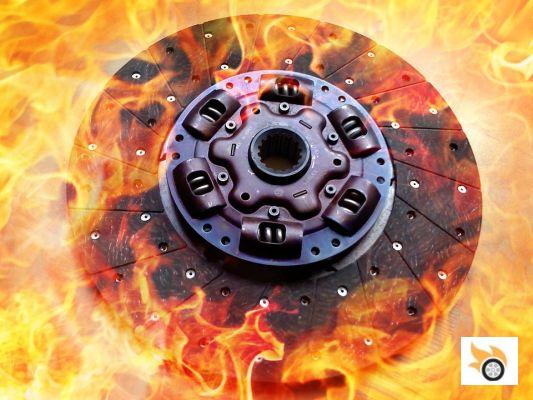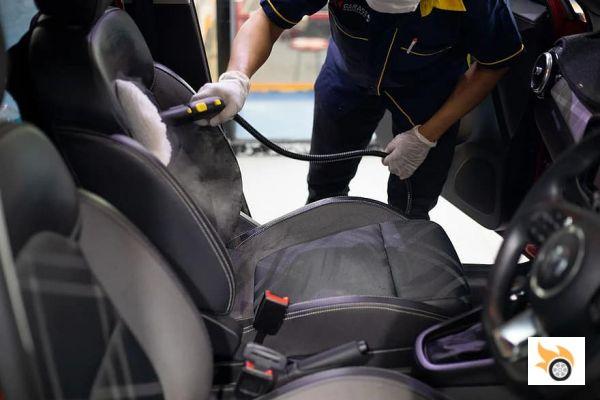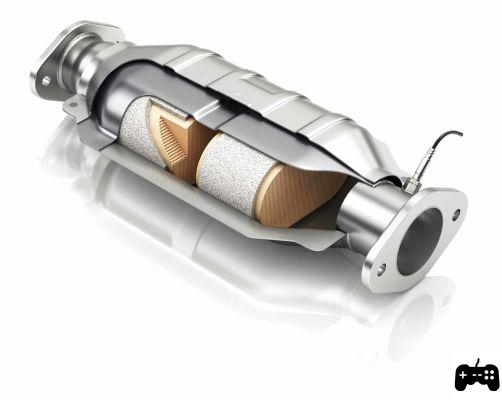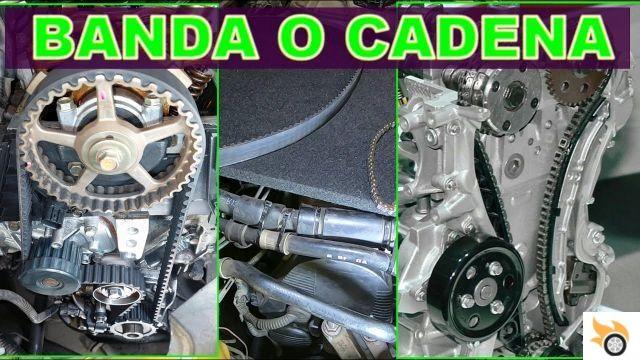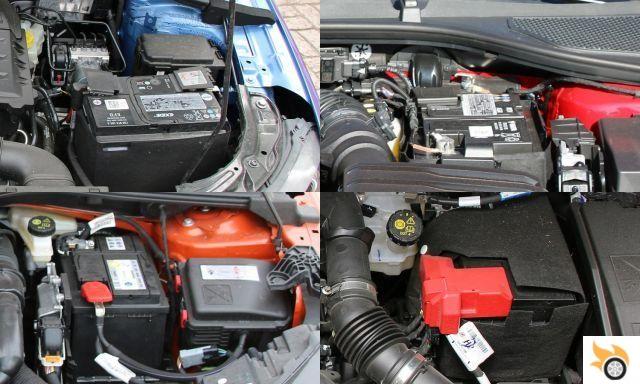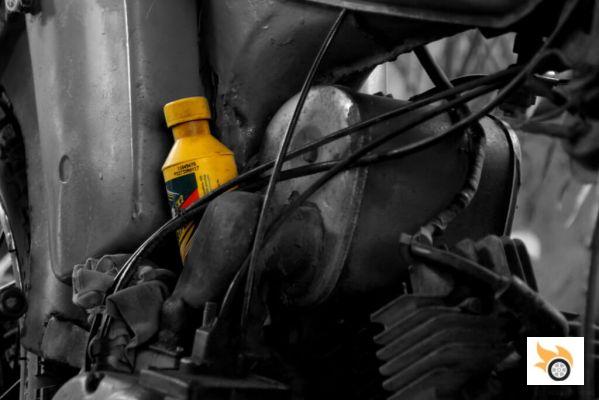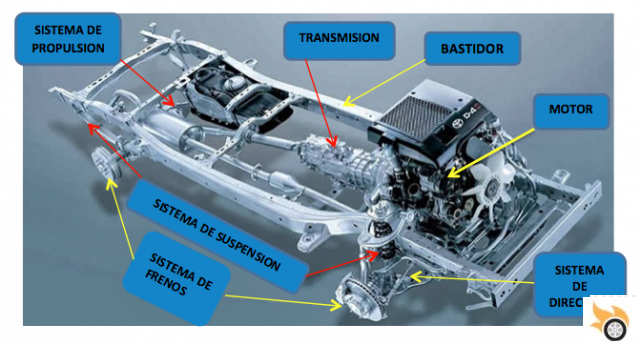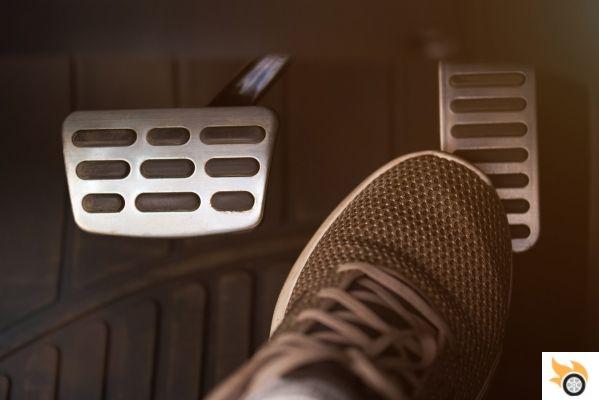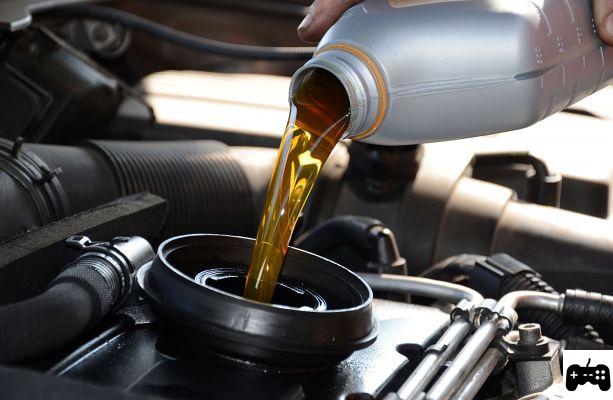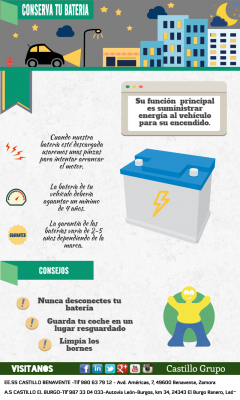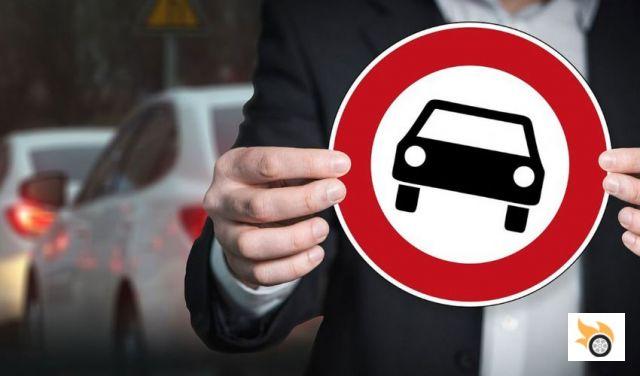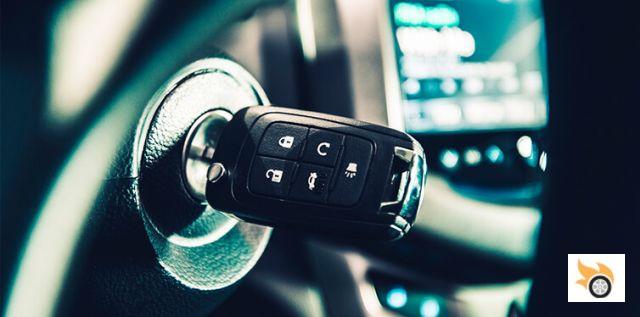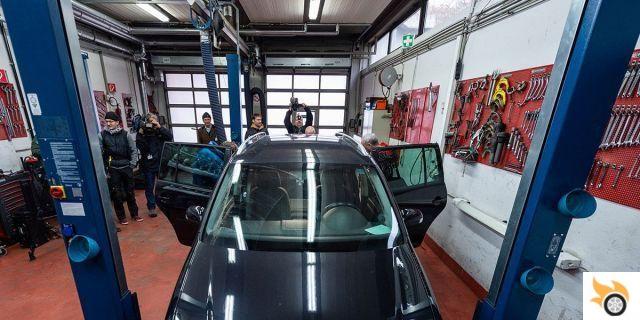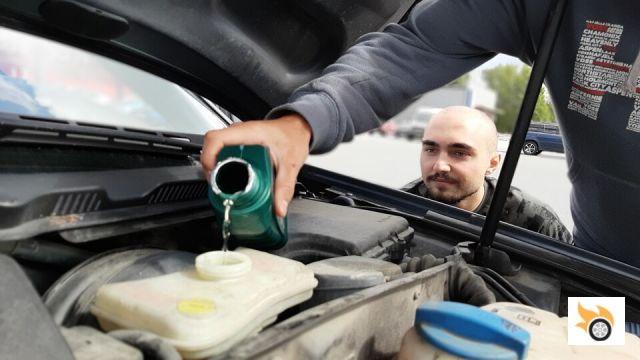
What is car brake fluid?
Brake oil, also known as brake fluid, is a particular incompressible fluid with which the hydraulic brake system of our cars is filled. Thanks to brake oil, the force we exert on the brake pedal is amplified and transmitted directly to the brake pads. The actress created by the brake pads on the wheels makes the car brake and brake.
As we have said, thecar's brake oil is incompressible and this feature ensures the effective transmission of the braking force. Brake oil is also very hygroscopic and therefore tends to easily absorb water contained in the atmosphere.
Another characteristic of car brake oil is its corrosiveness. Therefore, you should be careful when handling brake fluid, taking care to avoid contact with the bare parts of the bodywork and metal parts of the car.
Why does the brake fluid level drop?
The car's brake system is a perfectly sealed circuit that normally does not allow brake fluid to leak. However, it can happen that the brake fluid level drops.
Let's see what are the possible causes of the decrease of the brake fluid level in cars:
- Failure of the brake system due to a tear or rupture in one of the plastic tubes. In this case we will notice a sudden drop in the brake fluid level.
- Excessive wearof the brake pads which, as they get thinner, require more brake fluid than the brakes to impress the friction of the wheels and stop the car. With this problem it becomes necessary to push the brake much deeper than normal.
Given the correlation between brake pad condition and brake fluid level, we recommend you check out our article on the 7 definitive symptoms of brake pad wear.
How much does a brake fluid change cost?
The price of a brake fluid change varies from car to car, depending on the type of brake fluid required and the amount of fluid in the reservoir.
Typically, for an average car, the cost of changing the brake fluid is around 50 to 60 euros, which includes the cost of one litre of brake fluid and one hour of work by the mechanic.
Some mechanics offer a very advantageous fixed cost for changing the brake oil of cars. You can save about ten euros, but you should check the quality of the brake oil you are going to put in your car.
When to change the brake oil?
Changing brake oil is a routine car maintenance activity that is often forgotten or neglected by many drivers. Logically, it is necessary to change the car's brake oil immediately if the brake fluid level gets low.
A good maintenance plan is to change the car's brake fluid even before the brake fluid level drops due to a breakdown. There is no precise indication of when to change the brake fluid, however, there are several schools of thought.
Opinions on when to change the car's brake fluid differ and usually indicate when to change the brake fluid:
- Every 2 years
- From 40 to 80,000 kilometres
Our advice is to include the brake fluid check in your biennial coupon for the car. This way the mechanic will be able to top up or resolve any leaks without forcing you back to the garage a second time.
What is the brake fluid warning light?
Like all other crucial car components, the car's brake fluid has a warning light that informs you of potential problems. The brake fluid warning light is the one represented by an exclamation point inside a circle between two brackets.
This indicator light is almost always red to identify its extreme importance. On some car models, however, it is amber yellow.
For more details on your car's dashboard lights, we recommend you take a look at our definitive guide to all car lights.
What to do if you're out of brake fluid?
If the brake system warning light is on and you notice that the car's brake fluid reservoir is empty, we should avoid driving the car. This is because the car would be unsafe to drive due to the inability to brake properly.
Most likely, one of the brake system hoses has ruptured and all the brake fluid has leaked out during the stop. The best thing to do is to call a mechanic, describe the problem and wait for him or her to arrive in person.
The mechanic will consider whether to repair the damage directly there or whether it is safe to refill the brake fluid in the car and take the car to the garage.
What about brake fluid that has never been changed?
Brake fluid isa highly hygroscopic fluid. This means that over time water particles in the air can be absorbed into the brake circuit by mixing with the brake fluid.
The problem arises when the brake pads heat up during hard braking, reaching a temperature of up to 200°C. This heat heats up the brake fluid. This heat heats up the brake fluid in contact with the brake pads and the water with which it mixes. The water vaporises and turns into water vapour which, unlike brake fluid, is highly compressible.
The next time you brake, the brake response will be much lower and could cause a loss of control of the car. For this reason it is essential to always keep your car's brake oil level constant and to adjust any leaks.
What is point 4 brake fluid?
There are different types of brake fluid on the market, each with characteristics suitable for a specific use. When topping up brake fluid you should never mix different types of brake fluid. Always follow the manufacturer's specifications and change the brake fluid in the car with the exact type already in the circuit.
DOT 4 brake oil is perhaps the most common brake fluid in cars on the market. Let's see in detail what are the main types of brake fluid on the market:
- DOT3 brake fluid - glycol-based brake fluid with a minimum boiling point of 205° C.
- Brake fluid DOT4 - glycone-based brake fluid with a boiling point of at least 230° C
- Brake fluidDOT5 - a silicone-based brake fluid with a boiling point of at least 250° C
- Brake FluidDOT5.1 - a silicone based brake fluid with a minimum boiling point of 260° C
- Brake fluidDOT6.1 - a brake fluid suitable for racing with a minimum boiling point of 315°C.
As the DOT increases both the boiling point and the hygroscopicity of the oil increases. We must therefore remember that a DOT 3 oil will be less suitable for racing but also less vulnerable to moisture. In fact, a DOT 6.1 oil should be changed after every race because of the high water content it can absorb in a short time.
Can you change brake oil without bleeding?
Normally with every oil change you hear about"bleeding". This is because, unlike the engine cooling circuit, the brake circuit does not have an oil drain hole.
To completely change the brake oil, the mechanic has to perform the bleeding procedure through the respective holes.




